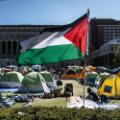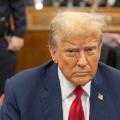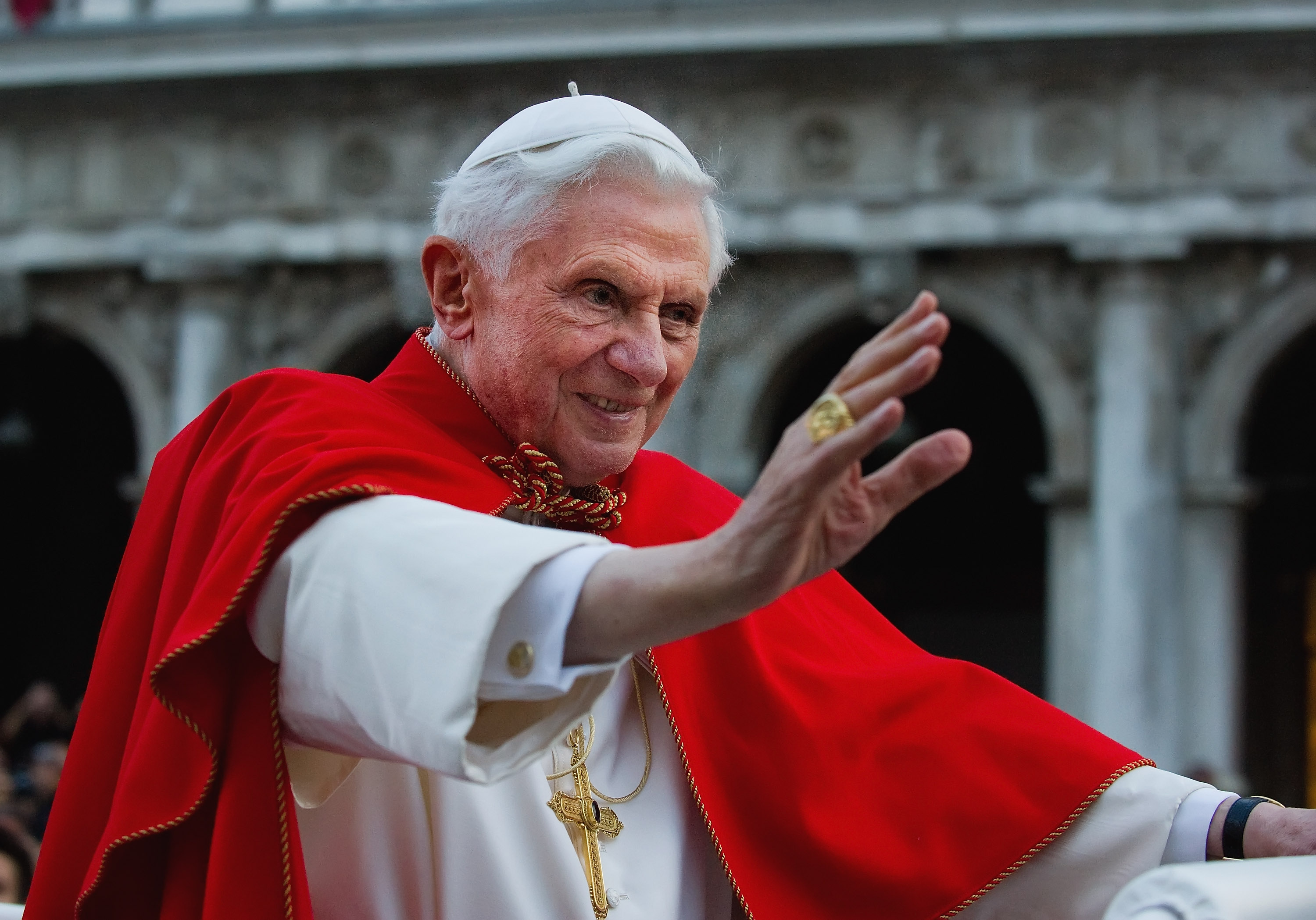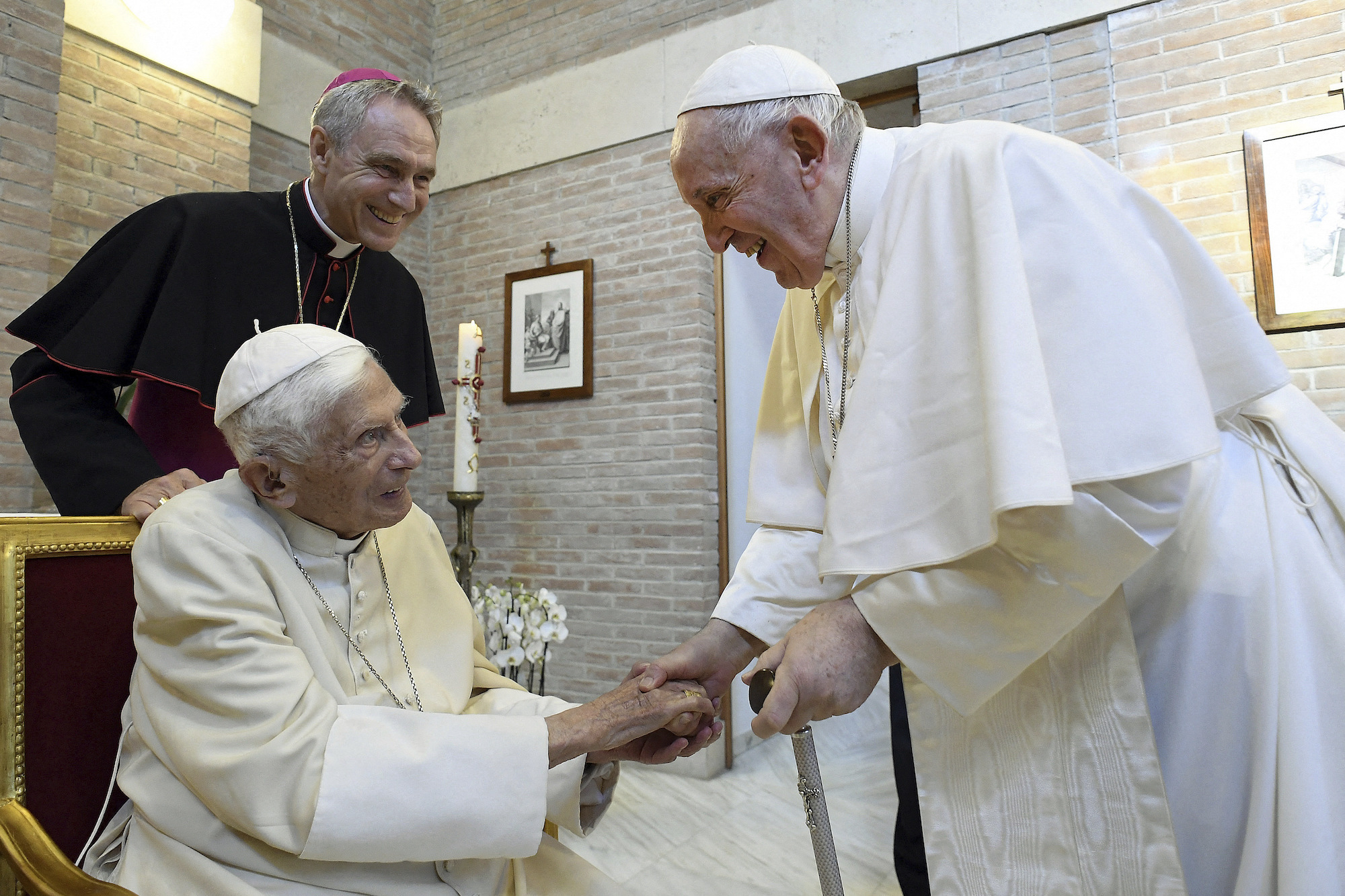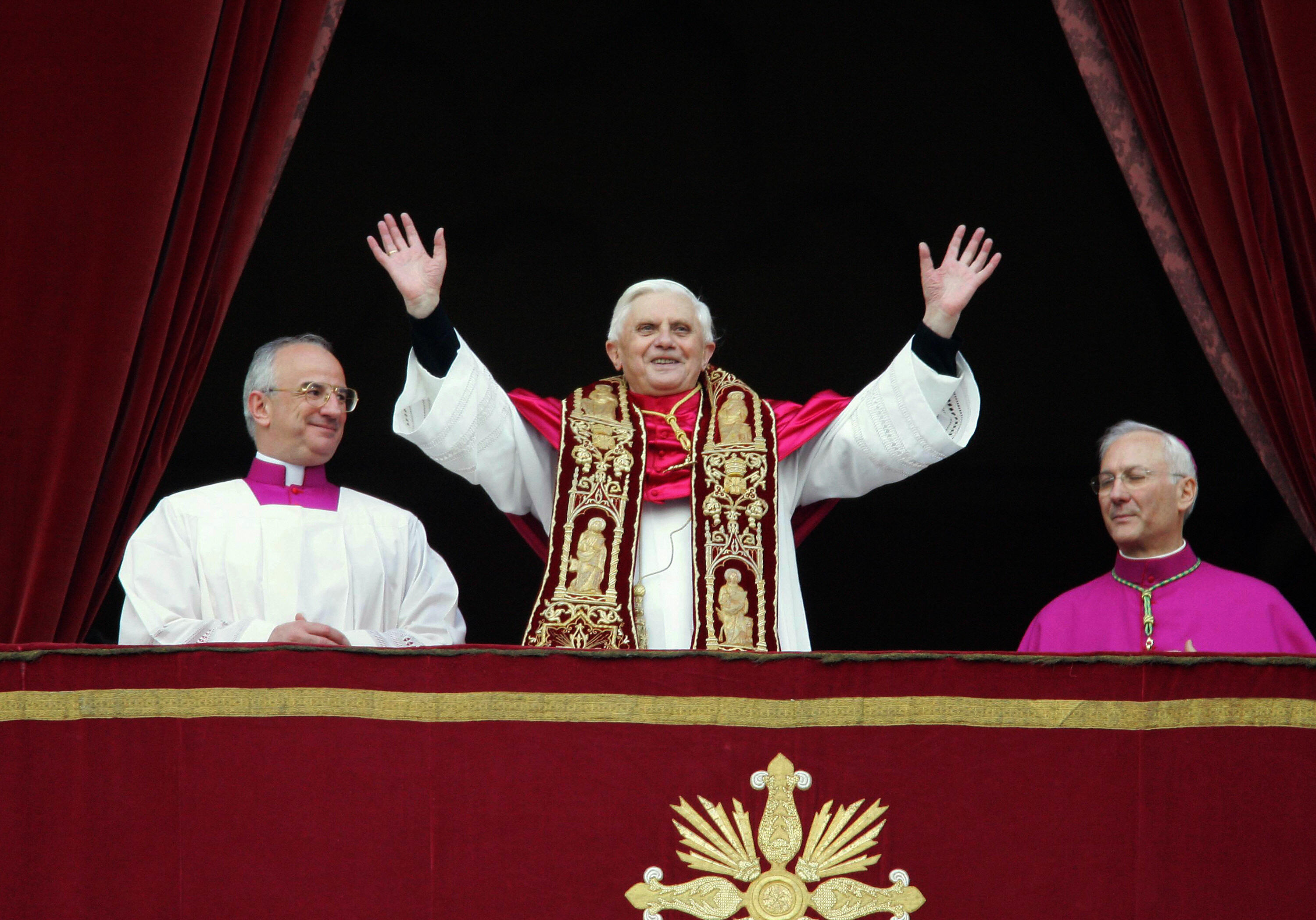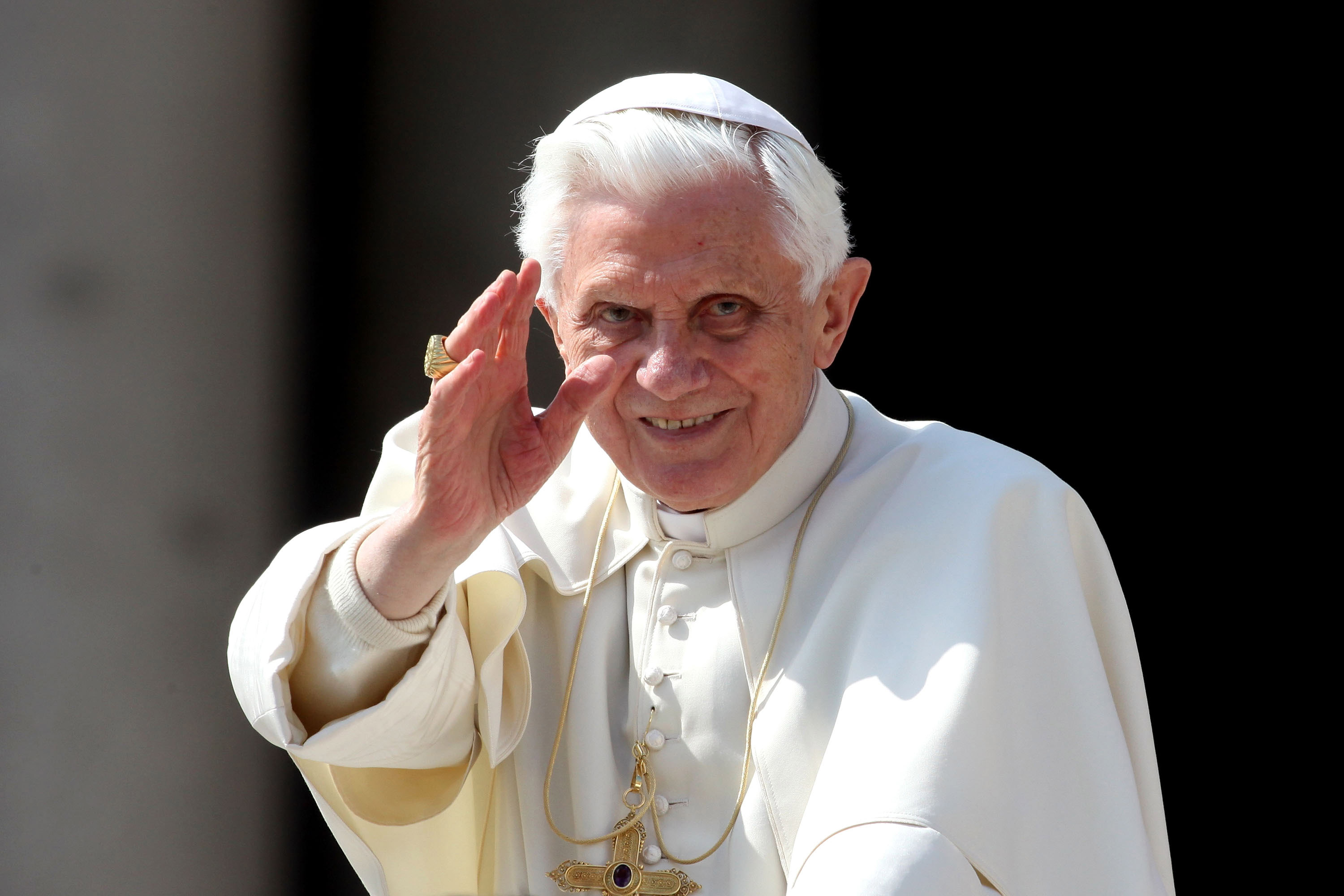
Pope Emeritus Benedict XVI was born Joseph Aloisius Ratzinger in Marktl am Inn, in southeastern Germany, near the border with Austria, on April 16, 1927.
Ratzinger's early years were defined both by World War II, and by his faith. Hitler rose to power during Ratzinger's adolescence in Traunstein, in the heavily Catholic region of Bavaria. When he was 14, school officials followed Nazi officials' orders and enrolled him and the rest of his class in the Hitler Youth movement — against his will, Ratzinger wrote in his memoir.
Ratzinger's pre-papal career: In 1943 he was drafted into the German army. For the next two years, Ratzinger served as part of an anti-aircraft unit. He later deserted — and was taken prisoner by the US military.
In 1953, he earned a doctorate in theology, and eventually he became a professor — teaching dogma and fundamental theology at four German universities.
One of his most significant steps up came in 1981 when he took over as head of the Congregation for the Doctrine of Faith — the Vatican office that oversees "the doctrine on the faith and morals throughout the Catholic world," according to the Vatican.
"Cardinal No": Ratzinger earned the nickname "Cardinal No" for his efforts to crack down on the liberation theology movement, religious pluralism, challenges to traditional teachings on issues such as homosexuality, and calls to ordain women as priests.
Over the years, he was at the center of several controversies: he labeled homosexuality "an intrinsic moral evil," and called the Soviet Union and its communist satellite nations "a shame of our time."
His friendship with Pope John Paul II went back decades, a bond that held until John Paul’s death in 2005, by which time Ratzinger was dean of the College of Cardinals — the high-level group that advises the pope and, when called upon, picks a new pontiff.
